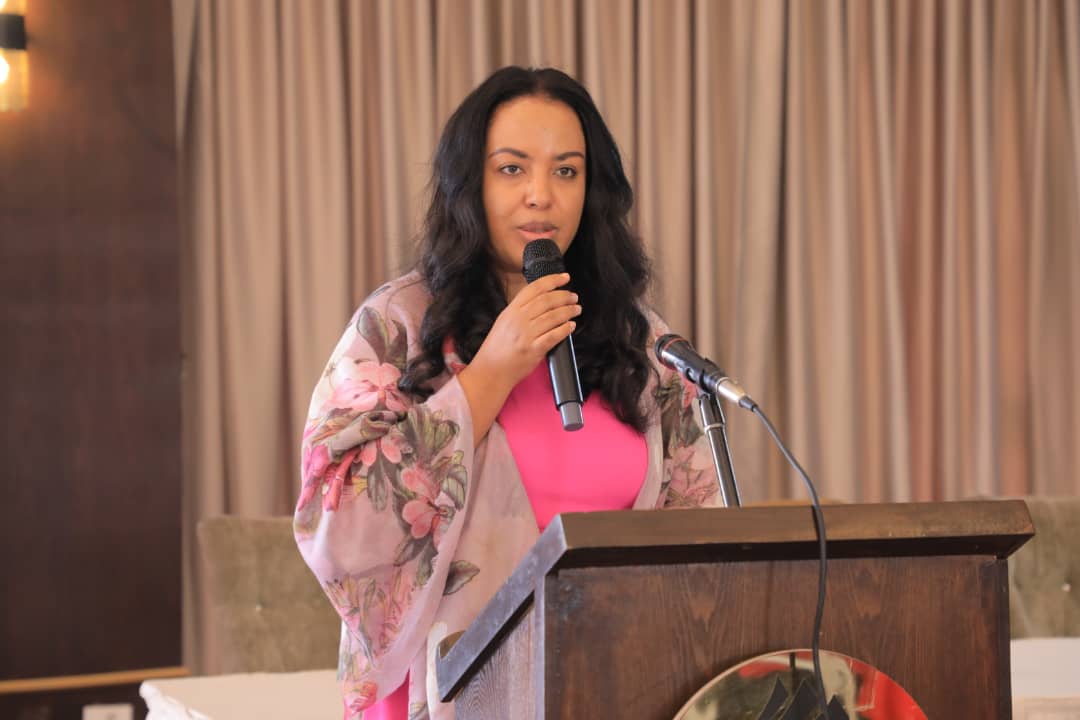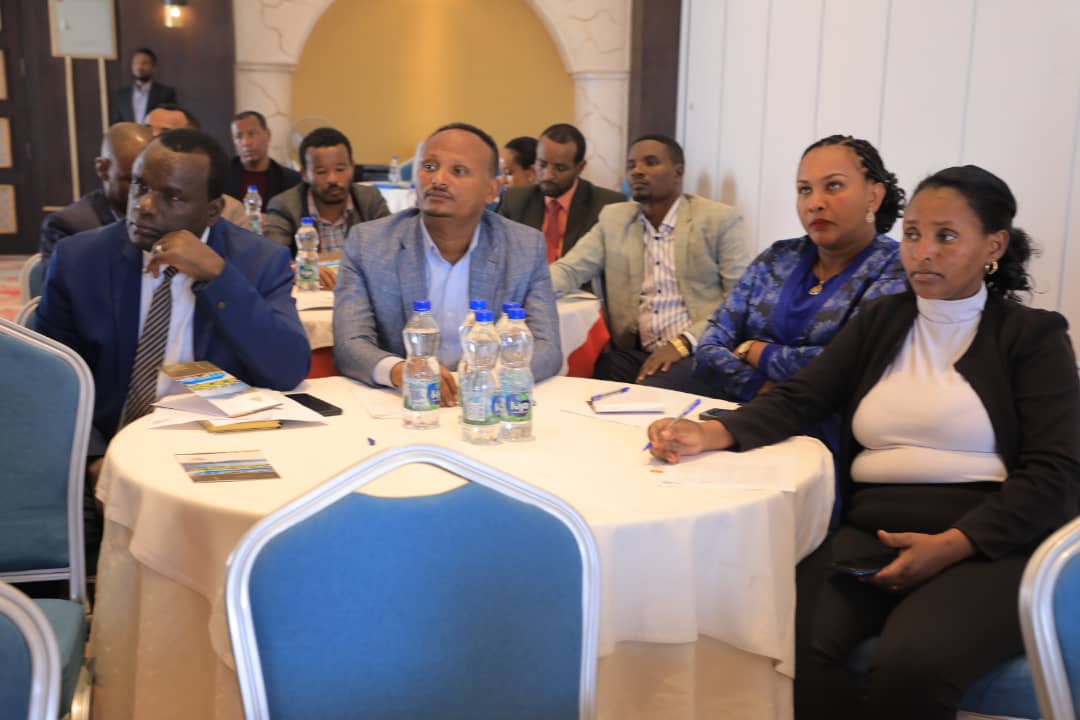UN Women Supported Policy Dialogue on Gender-Responsive Budgeting for House of People’s Representatives
Date:

UN Women in collaboration with the Ministry of Women and Social Affairs in Ethiopia organized a refresher training session and policy dialogue with members of the House of People’s Representatives’ Health, Social Development, Culture, and Sports Standing Committee, as well as the Budget and Finance Standing Committee on 25 May 2024 in Bishoftu town. The dialogue aimed to discuss solutions for ensuring that policies and budgetary decisions are designed and implemented equitably. A key outcome of the dialogue was a renewed commitment from committee members and a consensus on the need for a legal framework to enforce the Gender Budget Statement (GBS).
H.E Dr. Ergoge Tesfaye, Minister of Women and Social Affairs, emphasized that while sectors are legally required to allocate 2% of their budget for HIV-related work, no such clear provision exists for women. The upcoming "Country Gender Profile for Ethiopia" report, developed with UN Women, will highlight the cost of gender inequality and recommend budget allocations for gender equality. This report will inform advocacy efforts for the GBS. Dr. Ergoge noted that the lack of institutionalization and legal framework for Gender-Responsive Budgeting (GRB) is a significant obstacle, necessitating robust advocacy to ensure the implementation of the GBS.
The Minister recalled the theme for the 68th session of the Commission on the Status of Women (CSW) was “Accelerating the Achievement of Gender Equality and the Empowerment of All Women and Girls by Addressing Poverty and Strengthening Institutions and Financing with a Gender Perspective.” During the session, Ethiopia was elected to the CSW bureau for the 70th to 73rd sessions (2025-2029). As part of this role, Ethiopia is expected to evaluate other member states and serve as a role model in gender equality.
Honorable Ms. Fetiya Ahmed, a member of the Health, Social Development, Culture, and Sports Standing Committee, highlighted the importance of dialogue platforms. She noted progress, such as having a gender focal point in each ministry and initiating budget requests. However, she pointed out the persistent lack of awareness and budget for Gender Equality and Women’s Empowerment (GEWE).
Ms. Fetiya called for more initiatives to raise awareness at all levels, from local to executive. She emphasized the need for sex and gender-disaggregated data and a legal framework to enforce GRB, along with enhanced decision-making power for gender focal points within each sectoral ministry.
Honorable Dr. Milkyas Ayele from the Budget and Finance Standing Committee acknowledged some promising practices in GRB within Ethiopia. He noted that sectors are integrating gender within their plans, but there is currently no accountability framework. The committee he represents ensures that budgets align with state policies, to consider gender issues. Dr. Milkyas pointed out gaps, such as the limited involvement of women's groups in public budget hearings. He committed to proactive measures to follow up with sectors and provide advisory services to enhance GRB. Furthermore, he pledged to monitor sectors that do not integrate feedback on GRB.

In conclusion, the standing committee members agreed on the necessity of a binding legal framework to ensure sectors include Gender Budget Statements alongside their expenditure reports. The GBS will clearly show the extent of the budget utilized for gender equality and women’s empowerment, and the results achieved. The Ministry of Women and Social Affairs will lead advocacy efforts for the endorsement of the GBS as a mandatory document.

UN Women Ethiopia Country Office has been collaborating with the Ministry of Women and Social Affairs on different thematic areas including on ending violence against women and girls enhancing women’s leadership and participation, women’s economic empowerment, women peace, and security, as well as strengthening capacity for implementation of global and regional frameworks on GEWE and putting in place mechanisms for accountability. UN Women and MoWSA are currently implementing the project “Supporting the Ministry of Women and Social in the implementation of the 10 Years Development Plan towards the achievement of Gender Equality and Women’s Empowerment” (2022-2025).